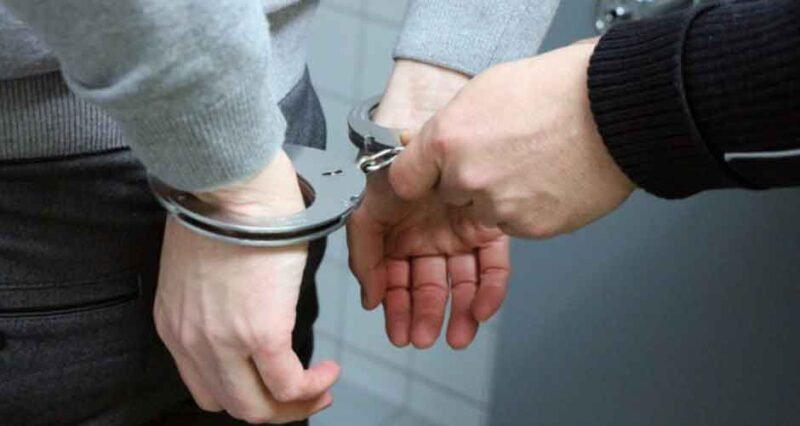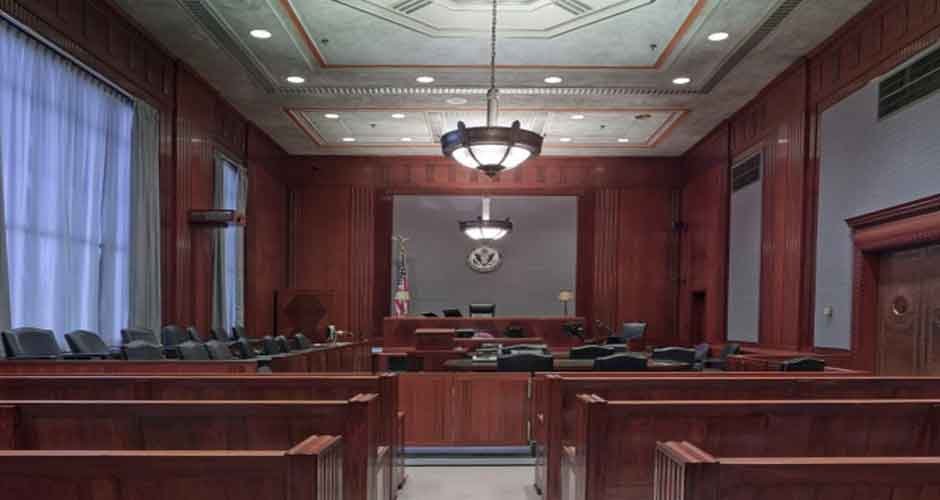
Facing criminal charges can be one of the most daunting experiences in a person’s life. It’s not just the legal jargon and the courtroom drama; the reality of potentially losing one’s freedom is overwhelming. Understanding the criminal justice process is crucial for anyone navigating this turbulent path. Whether you are directly involved or supporting someone who is, knowing what to expect can provide some peace amidst the storm of uncertainty. This guide aims to demystify the stages from arrest to potential sentencing, arming you with the knowledge needed to face the challenges ahead confidently.
Arrest
The arrest marks the beginning of the criminal justice process. It occurs when law enforcement officials have “probable cause” to believe a person has committed a crime. During an arrest, the individual must remain calm, cooperative, and mindful of their rights. One has the right to remain silent, avoiding self-incrimination, and the right to an attorney. These rights are fundamental, and asserting them can significantly impact the case outcome.
The accused will be taken into custody and typically booked after the arrest. This process involves recording personal information, the nature of the alleged crime, and taking fingerprints and photographs. An arrest is not a guilty verdict but the starting point of a legal process determining the individual’s culpability. At this juncture, contacting a knowledgeable Dallas criminal defense lawyer becomes imperative. A skilled lawyer can guide the accused through the process and protect their rights.
Booking and Charges
This phase involves documenting the arrested person’s details, the crime they are accused of, and collecting evidence like fingerprints and photographs. The booking process marks their entry into the criminal justice system. A prosecutor then reviews the case to decide on potential charges. This decision is crucial, setting the stage for further legal proceedings. Not all arrests result in charges, and a skilled lawyer can negotiate with prosecutors early on, possibly reducing or dismissing charges before filing.
Once charges are filed, the accused will be informed and may face an initial court appearance, known as an arraignment. The accused is formally presented with the charges and asked to enter a plea at the arraignment. Legal representation is crucial to upholding the accused’s rights. The lawyer can explain the charges and potential consequences and advise on the plea—guilty, not guilty, or no contest. Understanding the charges and legal options is vital for navigating the criminal justice process effectively.
Initial Appearance and Pretrial Proceedings
The initial appearance in court takes place after the arrest and booking process. During this hearing, the accused is informed of their constitutional rights, including the right to counsel if they cannot afford one. The judge also sets bail or decides whether to release the individual on their recognizance until trial.

Following this, pretrial proceedings begin, which involve both parties exchanging evidence and information relevant to the case. This phase allows for negotiations between prosecutors and defense lawyers, which can lead to plea bargains or dismissals. It’s also essential for the accused’s lawyer to conduct their investigation and build a strong defense strategy based on the evidence presented.
Arraignment
The arraignment is a critical point in the criminal justice process, usually following pretrial proceedings. Here, the accused faces the judge, hears the charges, and must enter a plea: guilty, not guilty, or no contest. This step sets the tone for legal actions, underscoring the need for skilled legal representation. A criminal defense lawyer can provide essential advice on plea implications and effectively plan the next steps.
After the arraignment, the court determines bail and schedules upcoming events like pretrial hearings and the trial. Decisions at this stage can influence the case’s direction, affecting bail conditions and trial preparation. Effective legal representation is crucial to safeguard the accused’s rights and position them favorably within the legal system.
Pre-Trial Motions and Hearings
As the trial date approaches, both parties may file pre-trial motions, seeking to suppress evidence or dismiss charges. The judge will hear these arguments and make rulings based on their merits. These motions can significantly impact the case outcome and highlight the importance of a knowledgeable defense lawyer who understands navigating this intricate legal process.
In addition to pre-trial motions, there may also be pre-trial hearings to address any outstanding issues before the trial begins. These hearings can involve witness testimony, evidence presentation, and argumentation from both sides. The goal of these hearings is to resolve any disputes or clarify any legal matters before the trial starts.
Trial and Sentencing
The trial is the culmination of the criminal justice process. Prosecutors present evidence, witnesses testify, and a judge or jury determines guilt or innocence beyond a reasonable doubt. The accused has the right to a speedy and public trial by an impartial jury. This stage can be long and arduous, potentially lasting for weeks or months.
Sentencing proceedings begin following a guilty verdict or a guilty plea. Before handing down a sentence, the judge will consider the nature and severity of the crime, any prior criminal history, and mitigating or aggravating circumstances. A skilled criminal defense lawyer can present arguments for reduced charges or penalties during this phase to minimize the impact on their client.
Appeals
After a trial and sentencing, the convicted individual can appeal the judgment. This involves reviewing the trial for legal errors that may have affected the verdict. An appeal isn’t a new trial but a higher court review of the trial court’s decision. A skilled appellate lawyer is crucial at this stage to argue your case effectively, highlighting any legal or procedural errors from the initial trial.
The appeals process can be intricate and time-consuming, with steps like filing an appeal notice and submitting detailed arguments to the appellate court. The court’s decision may uphold the conviction, reverse it, or order a new trial. A strong grasp of appellate procedures and skilled legal representation are crucial in navigating this critical stage of the criminal justice process.
Navigating this complex process can be challenging, so having a trusted Dallas criminal defense lawyer by your side is crucial. They can help you understand each step, build a strong defense, and protect your rights. Remember, being charged with a crime does not mean you are automatically guilty. You can still fight for your freedom and clear your name with the right legal representation. So, if you or a loved one is facing criminal charges, don’t hesitate to seek professional legal help. Your future may depend on it.

